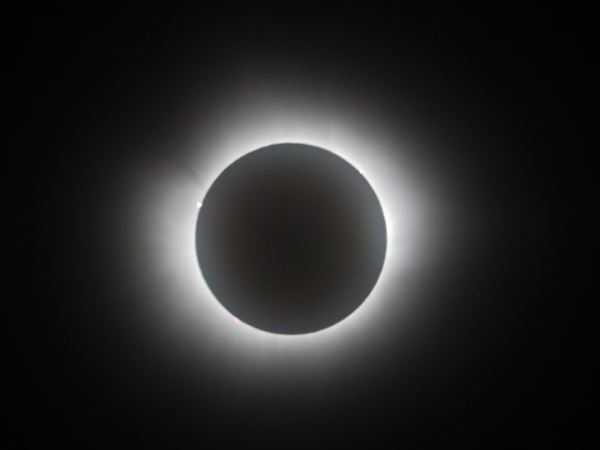Allow your hatred of bees to buzz away;Pollinators don’t cause your allergies
May 21, 2019
Pollen. The essential ingredient to life is also known as one of the largest annoyances of the warm seasons due to the allergies it causes millions across the world.
The amount of Americans affected by pollen related allergies differs greatly although it is well-known that a lot of us have allergies. According to the American Academy of Allergy, Asthma, and Immunology, “Roughly 7.8% of people 18 and over in the U.S. have hay fever.” A Medium Corporation begs to differ, stating that 20% of Americans are allergic to pollen.
The thing is, bees don’t cause your allergies.
According to A Medium Corporation, “Pollen comes in two types: entomophilous pollen and anemophilous pollen.” Bees are associated with entomophilous pollen–the type that isn’t typically linked to allergies. This type of pollen is transferred from plant to plant through different pollinators such as bees, butterflies, beetles, birds, and even monkeys. “Plants such as cacti, kiwis, and potatoes rely on this type of pollen,” according to A Medium Corporation. Since it is transferred through animals, the pollen is not in the air unlike anemophilous pollen.
Anemophilous pollen is transferred through the air by wind. This way, pollen can end up covering your car, house, and family therefore causing allergies.
That’s right folks, blame the wind.
According to How Stuff Works, the lightweight anemophilous pollen can travel up to 2,000 feet up in the air and 25 miles away. There is no escaping the stuff.
Those with the allergy can experience symptoms such as “watery eyes, runny nose, sore throat, coughing, mucous, headaches, inflammation, and asthma” according to A Medium Corporation. Studies also show that the number of people affected by these allergies is going to increase due to climate change.
According to the National Center for Biotechnology Information, with the increase of carbon dioxide production by the planet, and the warmer climate due to that same production, plants “grow more vigorously and produce more pollen than they otherwise would.”
The World Allergy Organization, made up of 97 medical societies from around the world, stated that “climate change will affect the start, duration, and intensity of the pollen season” and worsen the effects of pollutants and respiratory infections on asthma.
Allergy-ridden junior Natasha Sherinsky comments on her hay fever. “It makes my nose stuffy, and I feel like I have a head cold and drainage causes me to cough.” Sherinsky was not aware that climate change contributed to worsening of allergy symptoms, and she states, “that climate change should be a top priority over everything cause none of those problems [territory disputes, religion and/or race wars, et cetera] have any meaning if we don’t have a place to live.”










